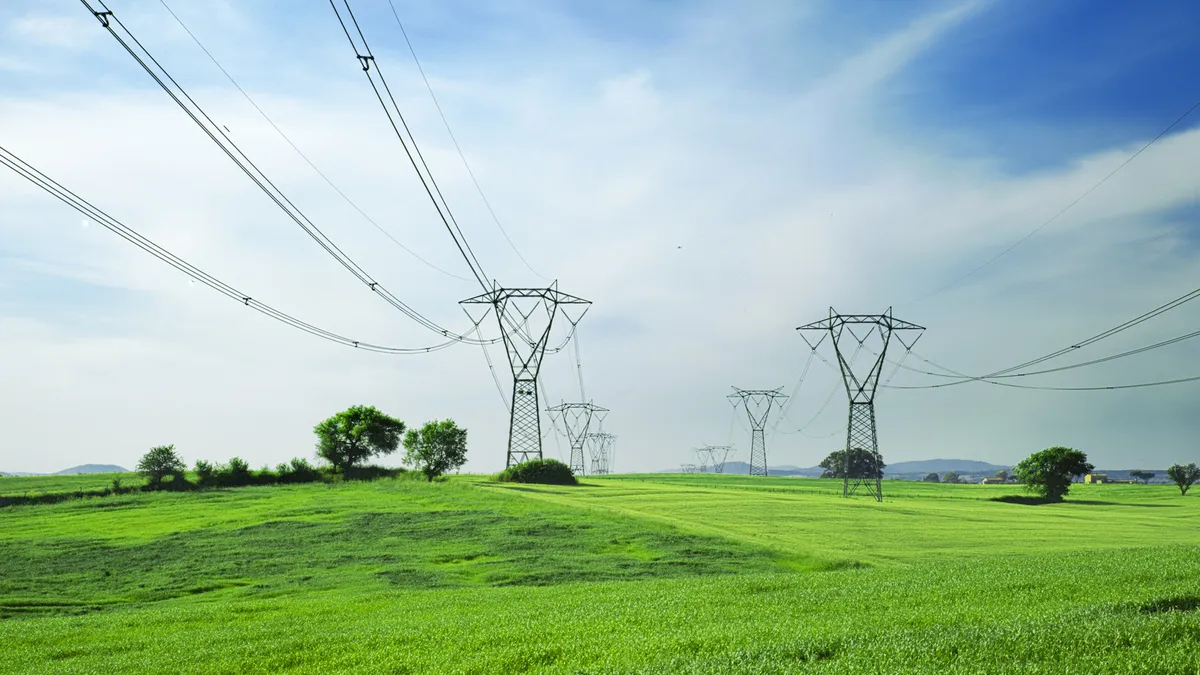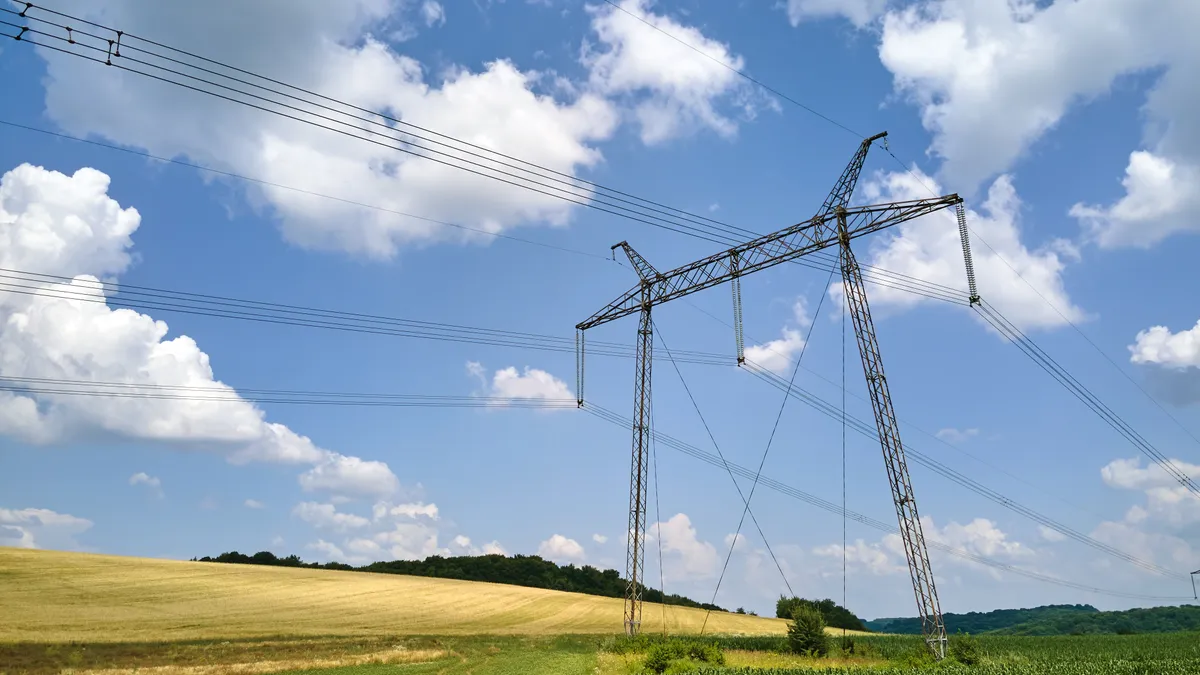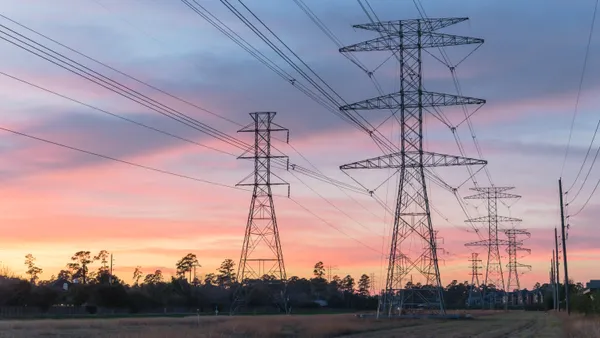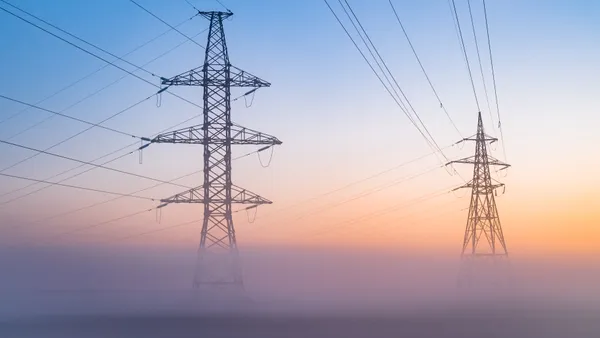Dive Brief:
- The Bonneville Power Administration announced this week that it will not construct a proposed 80-mile, 500-kV transmission line, and will instead turn to non-wire alternatives, grid management and energy storage.
- The I-5 Corridor project would have stretched from Castle Rock, Wash., to Troutdale, Ore.
- Instead, the federal power agency intends to implement a two-year pilot project to address congestion in the greater Portland-Vancouver area during peak periods of summer demand.
Dive Insight:
BPA's decision not to construct an 80-mile transmission line embraces a growing trend of grid solutions that rely more on distributed resources and technology than traditional infrastructure builds.
"Going forward, we will leverage the tools of the modern energy economy to maximize the value of federal assets for our customers and the broader region," the federally-owned utility wrote in a general letter regarding the project.
BPA said it would launch non-wire measures this summer, and will use "cutting-edge grid technologies" including battery storage and flow control devices, to manage congestion and "further extend operational capacity of the existing system."
Constructing the new 500-kV line would have solved transmission constraints, BPA said, but it would have meant overbuilding the system. Coal-fired generation in Cenralia, Wash., is slated to close in 2020 and 2025, which should help relieve summer congestion, and new reliability regulations that went into effect last year are expected to increase the potential for other regional utilities to consider infrastructure upgrades.
BPA Administrator and CEO Elliot Mainzer said the agency's decision reflects a change in direction, away "from the traditional approach of primarily relying on new construction to meet changing transmission needs, to embracing a more flexible, scalable, and economically and operationally efficient approach."














